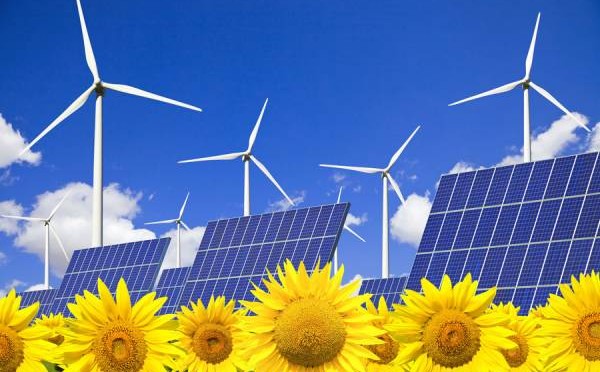“When it comes to solar energy in Indonesia , all eyes are focused on the tender of the Ministry of Energy and Mineral Resources,” says Thijs Sablerolle, founder of Solinvest.
His company handles the financing of solar projects and oversees installations.
The Ministry of Energy has issued a tender for the construction of solar installations at 80 locations in Indonesia , most of them located in the eastern part of the country. The solar energy will be bought by PLN for a maximum rate of $0.25 cents per kilowatt hour, according to the Indonesian media.
“PLN sees solar energy as a cost-saving measure, as it will enable them to switch off costly diesel generators in parts of the country. For investors, it’s an interesting opportunity because they can supply solar energy to PLN for a period of 20 years. We see a lot of interest for the allocation of investment funds, private equity and pension funds,” says Sablerolle. He hopes the tender will have a positive effect on the application of solar energy in Indonesia . “The private sector can gain experience with solar and start its own projects. That’s our hope.”
If that doesn’t happen, kick-starting solar energy might prove to be a more difficult endeavour. “Without the tender, solar energy would mainly remain of interest for NGOs, small companies and hotels in remote areas.” Alejandro Perez agrees. He’s a senior investment officer for the Infrastructure & Natural Resources department of IFC, the World Bank subsidiary aiding the private sector with financing. “Solar energy is still relatively expensive. The biggest challenge is still the competition with diesel and coal. Especially since you can only use solar energy by day, when the sun is shining. In part, this can be solved with battery systems, but that would make the investment even higher. The tender is making solar more attractive. It will familiarize the banks with solar energy, which means they will be more likely to supply funding to projects in the future. Hopefully, this will make solar energy a larger part of Indonesia ‘s energy mix.”
Remarkably, though, IFC itself hasn’t financed any solar energy projects in Indonesia . “We haven’t found the right project in the private sector. We are in talks with several companies that want to take part in the tender though,” reacts Perez. According to him, solar energy is definitely interesting for investors. “In general, you can say it’s successful quite fast. You need land, but there isn’t a lot of risk involved in construction, and a solar installation is easy and cheap in maintenance. That’s very different from, for example, a hydro-installation which is harder to construct and maintain, and where you will always need rapidly flowing water.”
On 26th September, an international conference on solar energy will be held in Jakarta . “Solar energy has to become more mainstream in Indonesia ,” says Sablerolle. “You can see a lot of small solar home systems being sold to people in remote areas, to power one or two lights or appliances and PLN has started building solar PV and battery based micro grids in remote villages. There are also companies with solar energy on their roofs, but this is mostly for PR purposes. Residential rooftop solar PV is not yet profitable, as PLN doesn’t buy back excess electricity produced by the solar panels. This means it takes over 10 years before the investment of a small installation will repay itself. If PLN would buy the oversupply of electricity, this could be less than 8 years. However, solar panels continue to become cheaper, which will impact the calculations. For now, we hope that the tender of the energy ministry will open up the market, so the costs can come down and solar energy can be applied on a larger scale in Indonesia.”
International Solar PV Conference(www.thesolarfuturindonesia.com)
The international conference


